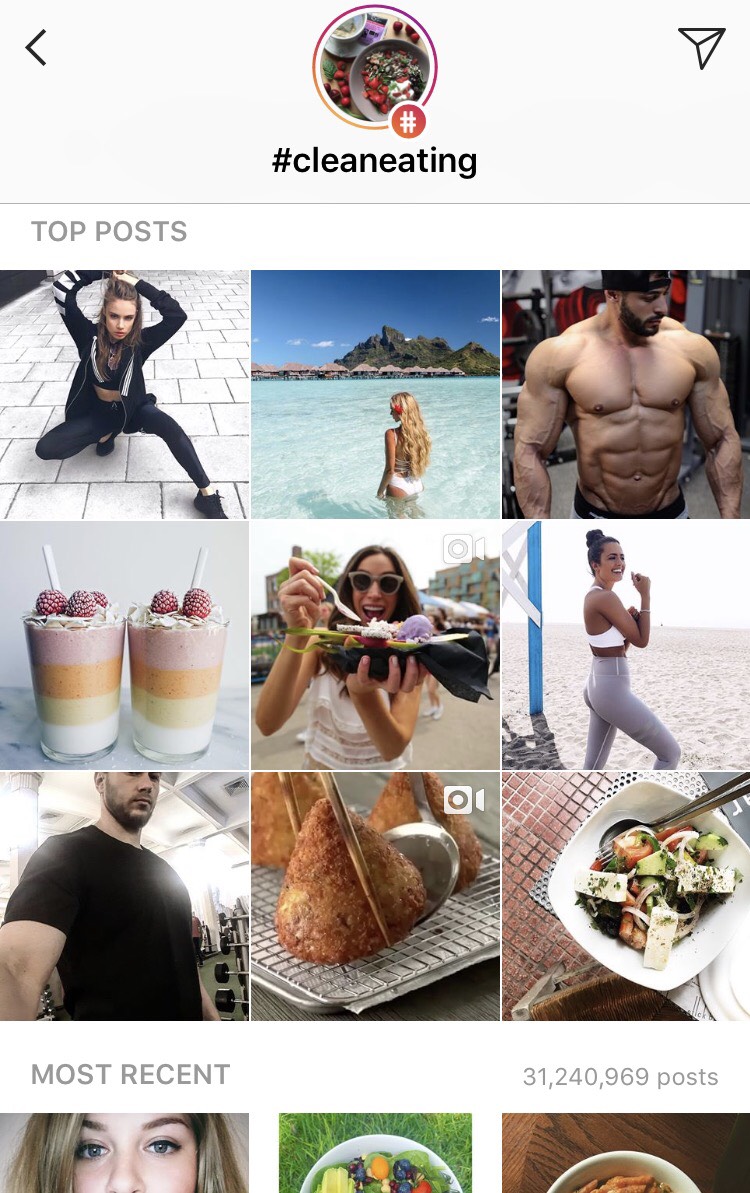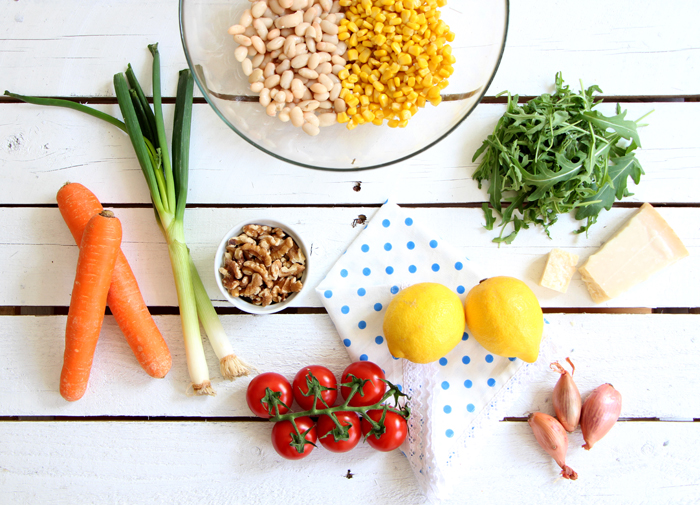How Clean Eating Can Become a Real Problem

By:
There's a good chance you know someone in real life or online who is #cleaneating.
There are over 31 million images on Instagram tagged with the hashtag.

Clean eating doesn't have one overarching definition. For example, to some, it means eating vegan. However, there's a far more general definition that defines clean eating as consuming whole foods, specifically relying on fruits and vegetables, and avoiding processed foods.
Melissa Halas-Liang, Media Representative for the California Academy of Nutrition and Dietetics, told ATTN: via email, "I think there is no clear definition of clean eating, so it has unique meaning to different people. Clean eating could be defined as lowering one’s pesticide exposure, eating more whole foods (foods that are minimally processed), and choosing foods with less environmental impact."
While there's nothing inherently dangerous about a "clean" diet, some experts caution it could to lead to an unhealthy obsession.
As SELF explains, "eating more fruits, veggies, and other whole foods is a good thing—but experts have previously told SELF that a super restrictive clean eating diet can eliminate certain foods that have nutritious value, like cheese and milk." And, as SELF notes, "the idea of 'clean foods' also creates the idea of 'dirty foods,' and that gives food a moral value—a slippery slope."
Evelyn Attia, M.D., director of the Columbia Center for Eating Disorders, told SELF "there are people who are vulnerable to developing real troubles with restricted eating. And if you post your 'clean diet' and wind up with thousands of followers, it can lead to you feeling like you’re doing a really good thing instead of being in the midst of something that could be dangerous for you."
 Kayla Seah/notyourstandard.com/Flickr - flickr.com
Kayla Seah/notyourstandard.com/Flickr - flickr.com
"I think many people feel overwhelmed with all the nutrition information bombarding them, and it's easy to get caught up in eliminating too many foods and food groups, or following strict rules to help minimize all the information," Halas-Liang said.
ATTN: reached out to Laura Miner of the blog and lifestyle brand Cook at Home Mom, who has 32.2k Instagram followers for her healthy meal ideas.
Followers love Miner's approach of "simple & balanced" meals, and her colorful Instagram page is a wealth of beautifully photographed "clean" food.
"The best approach to clean eating is a personalized one," Miner told ATTN: via email. "No one can tell you what is going to work best for your body except for you. Personally, I've had great results with the Whole30, which is a 30 day plan that eliminates many of the foods that commonly cause reactions in people, then gradually reintegrates them into your diet. It's a personalized experiment that helps you start from scratch with 30 days of super clean eating, so you can know once and for all what foods will work best for you."
But Miner also notes it's important to have a balanced approach. "Mental health is equally important to physical health," she said, "so I believe having a healthy relationship with food is just as valuable as the food you put in your body."
Clean eating can go overboard when it's tied to guilt and punishment and no longer holds any joy. — Laura Miner, Cook At Home Mom.
Halas-Liang expressed similar sentiments. "I would say if you’re noticing you’re not enjoying your food, you’ve probably gone overboard," she told ATTN:. "Eating is one of life's greatest pleasures. Instead of thinking about what we should eliminate from our diets, think about what we should eat more of that’s tasty and healthy."
[H/T Self]
